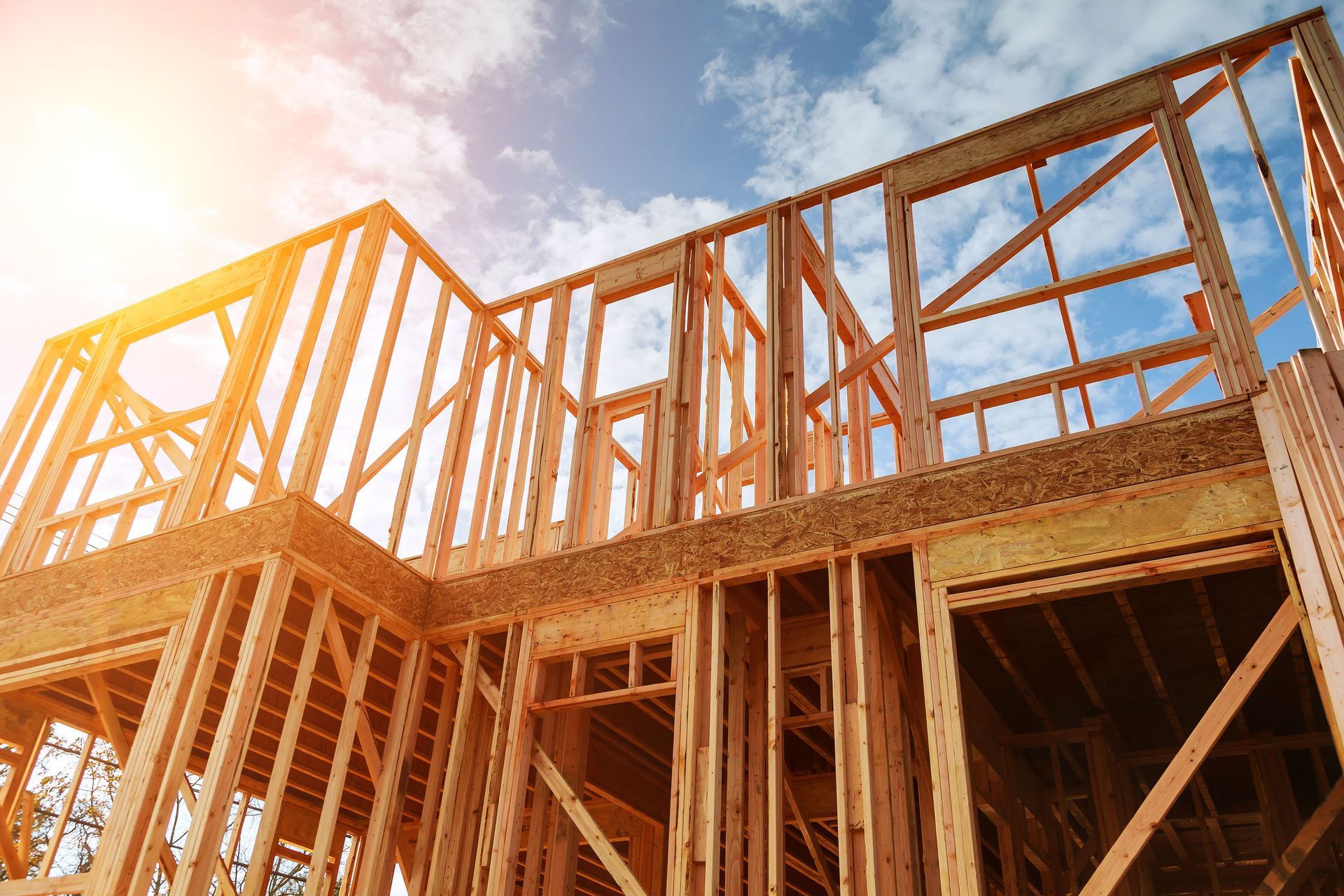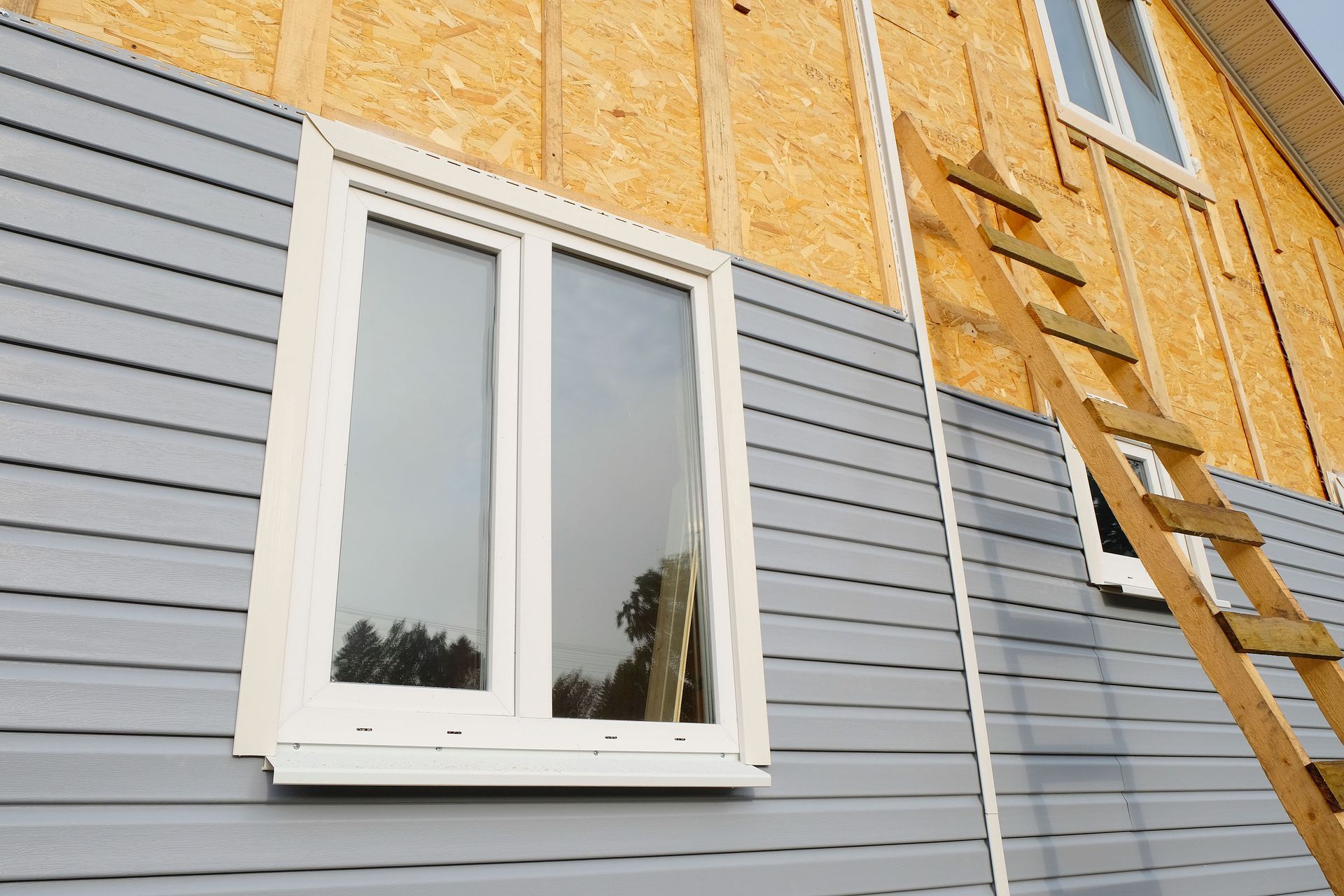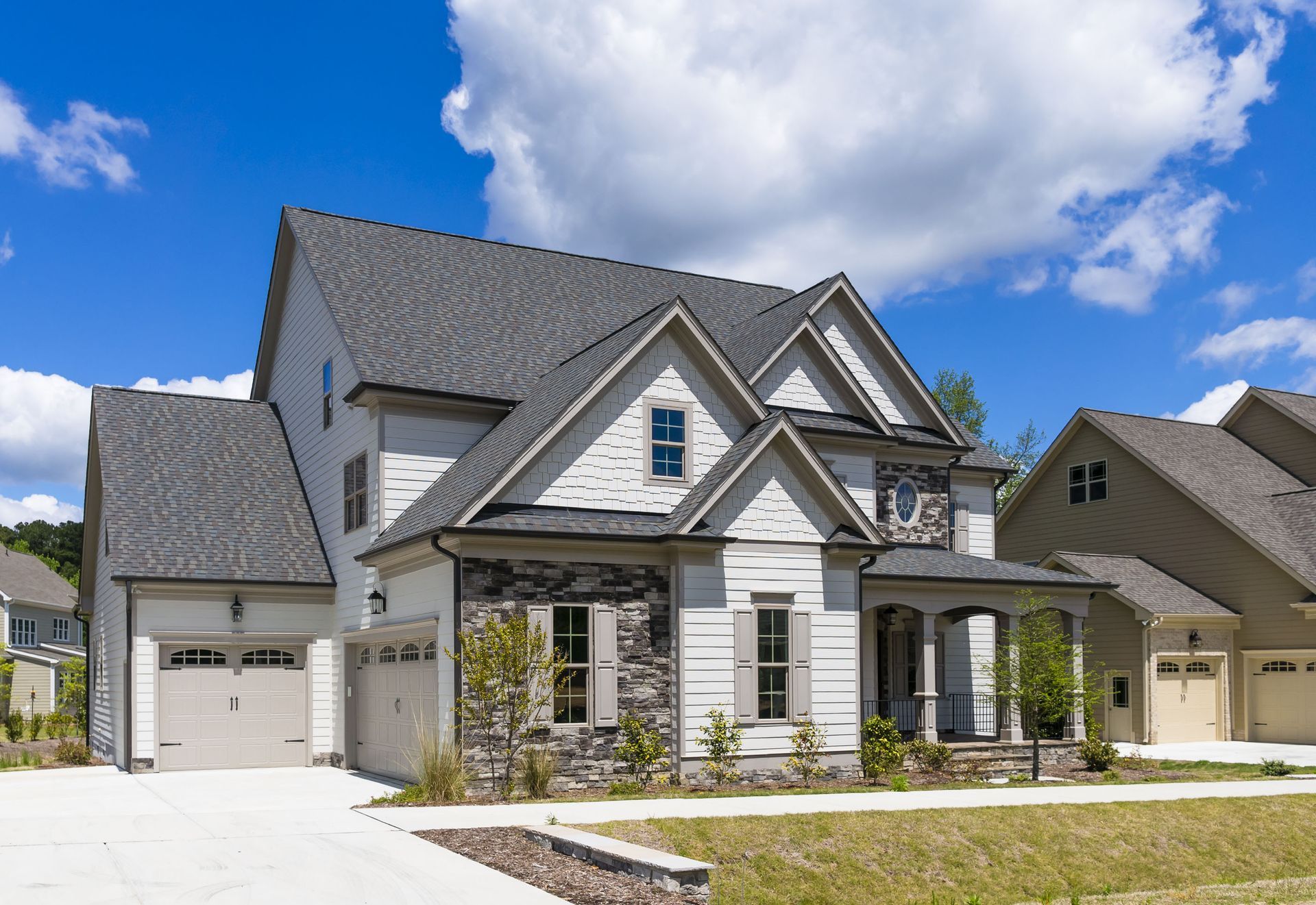Construction Loan vs. Builder Financing: Which Is Right for Your New Home?
By Charles Pistro | July 24, 2025
Highlights
- Construction loans are typically short-term and used to finance the building phase of a home.
- Builder financing can simplify the process, but may not be available with every contractor.
- Your creditworthiness and project timeline will influence which option works best.
- Pistro Builders LLC offers insights and guidance for home construction in Bay City, MI.
Do I Need a Construction Loan or Will the Builder Finance the Project?
When you're preparing to build a home in Bay City, MI, a major question you'll face early on is whether to secure a construction loan or rely on builder financing. This decision influences not only how you fund the project but also how your payments are structured, what documents are required, and your involvement in the process. Understanding the core differences can help prevent missteps that might delay or derail construction. The earlier you understand your financing responsibilities, the easier it is to stay on budget and keep the project moving.
A construction loan is a short-term loan specifically meant to cover the costs of building a home. It typically lasts 6 to 18 months and pays out in stages as different parts of the construction are completed. You’ll often need to make interest-only payments during the build phase, with full repayment or conversion to a mortgage upon project completion. This route gives the borrower direct control but also carries more responsibility.
On the other hand, some builders offer in-house financing or preferred lender programs. These options allow you to bypass the process of getting a separate construction loan. Builder financing can include both land acquisition and construction costs in a single package, which may reduce paperwork and speed up approvals. However, not all builders offer this option—especially smaller custom homebuilders.
FAQ Section 1
Can I use a standard mortgage to build a home?
No. Standard mortgages are for completed homes. You’ll need a construction loan or builder financing for new builds.
How is the money disbursed with a construction loan?
Funds are released in “draws” after each construction milestone is verified.
Is builder financing available for custom homes?
Builder financing is more common with production homes but may be available through custom builders like Pistro Builders LLC.
According to Consumer Financial Protection Bureau, construction loans require thorough documentation, including building plans, contractor agreements, and cost estimates. Most lenders also require you to work with a licensed contractor, and some won’t finance owner-builder projects. Lenders mitigate risk by conducting inspections before releasing each draw, so having an organized and experienced builder helps streamline this phase.
While builder financing may seem more convenient, it doesn’t always offer the most competitive rates. Builder-backed loans may include markups or lack flexibility in interest terms. Comparing rates between your own lender and the builder’s lender is crucial. It’s wise to get prequalified through your bank or credit union even if builder financing is an option, just to compare all angles.
For residents of Bay City, MI, working with a trusted local contractor like Pistro Builders LLC can make a big difference in navigating either option. Builders familiar with regional lenders and permitting agencies can make construction loan approvals less cumbersome. They may also have relationships with preferred lenders, which can help reduce closing costs or secure better terms.
FAQ Section 2
What happens after the construction loan term ends?
You’ll either pay off the loan in full or refinance it into a permanent mortgage.
What credit score do I need for a construction loan?
Most lenders require a score of 680 or higher for construction loans.
Are construction loans riskier than standard mortgages?
Yes, due to the uncertainty in project completion timelines and costs.
There are also “construction-to-permanent” loan options, which automatically convert into a traditional mortgage after the home is completed. This eliminates the need for two separate closings and often locks in your interest rate earlier. However, you’ll still need to meet all eligibility requirements upfront. According to Rocket Mortgage, these loans provide convenience, predictable payments, and reduce the risk of financing falling through after construction ends. Borrowers also benefit from streamlined underwriting and the ability to lock in mortgage rates early—an advantage in a shifting interest rate environment.
Another aspect to consider is whether you own the land already. If you do, the value of your land can serve as a down payment. If you don’t, the construction loan may also be used to purchase the land, depending on the lender. The appraisal process will account for the projected value of the finished home, which will influence how much funding you qualify for.
If your builder offers financing, they may wrap the land and construction costs into one loan agreement. This is often the case with larger homebuilding companies that have the resources to act as both developer and lender. While that simplifies the process, it’s essential to review the terms closely. Not all builder-financed packages are created equal, especially in terms of interest rates, fees, and required deposits.
FAQ Section 3
Can I switch lenders after construction starts?
It’s possible, but it can be costly and delay construction. Stick with your original lender if possible.
Do construction loans have closing costs?
Yes, you’ll pay closing costs just like you would with a traditional mortgage.
Can I act as my own general contractor?
Some lenders allow it, but many prefer licensed professionals to minimize risk.
It’s also worth checking whether your builder offers flexible payment structures. Some builders allow you to make milestone-based payments, while others may request larger deposits upfront. Knowing what’s expected—and when—can influence your cash flow planning. According to National Association of Home Builders, clearly outlined builder contracts help reduce disputes over payments and timelines.
Building a home in Bay City, MI is a rewarding experience, but it requires careful planning and financial coordination. Whether you choose a construction loan or go with builder financing, the key is to stay informed. Ask detailed questions, request documentation early, and be clear about your expectations for timeline, cost, and deliverables. Local builders like Pistro Builders LLC can walk you through the options and ensure nothing gets overlooked.
Ultimately, the right financing approach depends on your financial standing, project size, and builder’s capabilities. If you prefer more control and competitive rates, a construction loan may be ideal. If convenience and simplicity are your priorities, builder financing might be a better fit—provided the builder offers it. Either way, having a clear roadmap and an experienced construction team will be your greatest asset.
Smart Financing Choices That Set the Foundation for a Successful Home Build
There’s no one-size-fits-all solution when it comes to funding a new home build. Some homeowners value flexibility and choose a construction loan with a lender they trust. Others lean on builder financing to reduce hassle and streamline communication. For those building in Bay City, MI, it’s wise to consult with local professionals like Pistro Builders LLC who understand the nuances of both paths. Weigh your financial capabilities, research your options, and never hesitate to ask questions. The right financial choice will set the tone for a smooth and successful home construction journey. Ultimately, a well-chosen financing method can positively affect your equity position and monthly mortgage long after the home is built.






Share On: